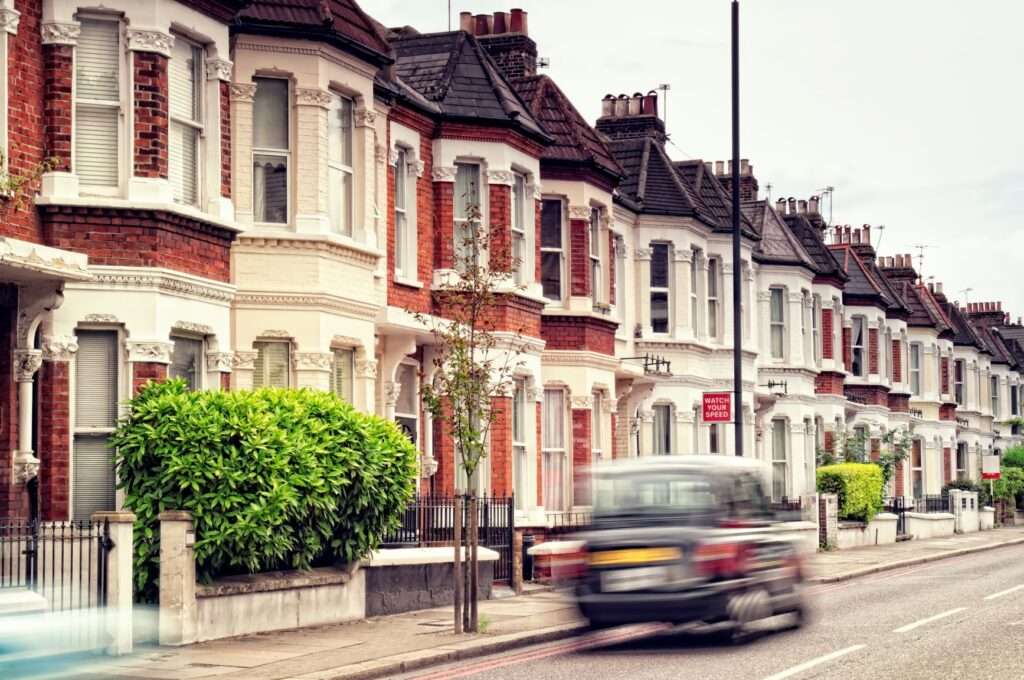
Both flats and houses have their benefits, and it’s often difficult for landlords to decide between the two when they’re looking to make their first investment or expand their portfolio.
We understand this here at yieldit, so we have put together this handy little guide to help you if you ever find yourself in this dilemma when you’re looking to buy a new investment property.
Houses
Investing in a house has a number of advantages, here are just a few things to consider if you are looking to invest:
More demand
Houses will always attract a wide variety of tenants – from single professionals to families with multiple children – as they tend to have more space, as well as attractive features like off-road parking, garages and gardens. Features like these are in extremely high demand after the events of the last 12 months, where we were encouraged to not leave the house and work from home. It’s difficult to say whether this trend will continue in a post-pandemic world, but it’s fair to say that houses make more suitable long-term homes for many people.
Houses grow in value faster
Houses also tend to grow more in value than flats do, and again, this has become especially the case in the last 12 months. New research from the property portal Zoopla has found that landlords who have houses in their portfolio are seeing a greater capital appreciation. In their report, Zoopla found that demand for houses was up by 114 per cent compared to levels seen at this time of year between 2017 and 2019. The price for houses also saw a dramatic increase with a year-on-year increase of 7.3% since June 2020.
Freehold tenure
Houses are – for the most part – sold on a freehold basis, so you buy the land that the property sits on as well as the property itself. One major advantage of having a freehold property is that you are pretty much in control of everything, and you don’t have to deal with management companies and short leases that can hinder the value of your property. It also makes things a lot more straight forward from a conveyancing perspective, so legal costs will be a lot lower when purchasing your property. On the flipside, this will mean that the maintenance of the property will be solely your responsibility and you will also have to cover the costs. It may be worth enlisting a management company yourself, especially if you are a less experienced landlord.
Flats
Although very different to houses, flats have a lot of their own benefits for investors – we have listed just a handful below:
Popular in desirable city centre locations
Flats tend to populate city centre locations, which are often the most desirable property markets in the UK, particularly for younger people as they offer more career opportunities and things to do. So, if you have a flat in a prime city centre location – or even on the outskirts – chances are, your property will experience a lot of demand from young, working professionals or even younger couples.
Cheaper to buy
Apartments are usually considerably cheaper than houses of a similar size and quality, and therefore, landlords tend to make a higher return on their properties, especially when they’re in prime locations. When looking at flats, there is also the possibility for financial incentives if you buy multiple properties in one block, which would be beneficial for investors who are looking to expand their portfolio. It will also spread the risk and reduce the financial impact if one of your tenants leave.
Hands-off management and maintenance
As flats are very often purchased on a leasehold tenure, it means that you will have a management company in place that will take care of a lot of the maintenance and repair work, all of which will be covered by your service charge, so it will often work out cheaper than if you had to carry out the same work on a freehold property. This is especially beneficial if you are a first-time investor, and you have very little experience in managing a property. However, it pays to be mindful when buying a leasehold property, as there will be a few restrictions and clauses of what you can do with it. It’s important to carefully read the paperwork when purchasing a property and question anything you’re unsure of, it’s also important to check that there are still plenty of years on your lease (ideally with around 100 years or more), otherwise it makes it harder for you to sell your property in the future.
Conclusion
So, which is the better investment option out of the two? Well that purely depends on what you, as an investor, want to achieve with your property and how involved you want to be as a landlord. If you’re a first-time investor then a flat may be your best option, as they’re a relatively hands-off investment and they generally have a lower entry price. However, if you’re a more established landlord then a house will probably be the way forward for you, as you have more freedom with your property and you can attract a wider variety of tenants. Either way, UK property is a leading investment class at the moment so no matter what property you choose, it will be rewarding for you.